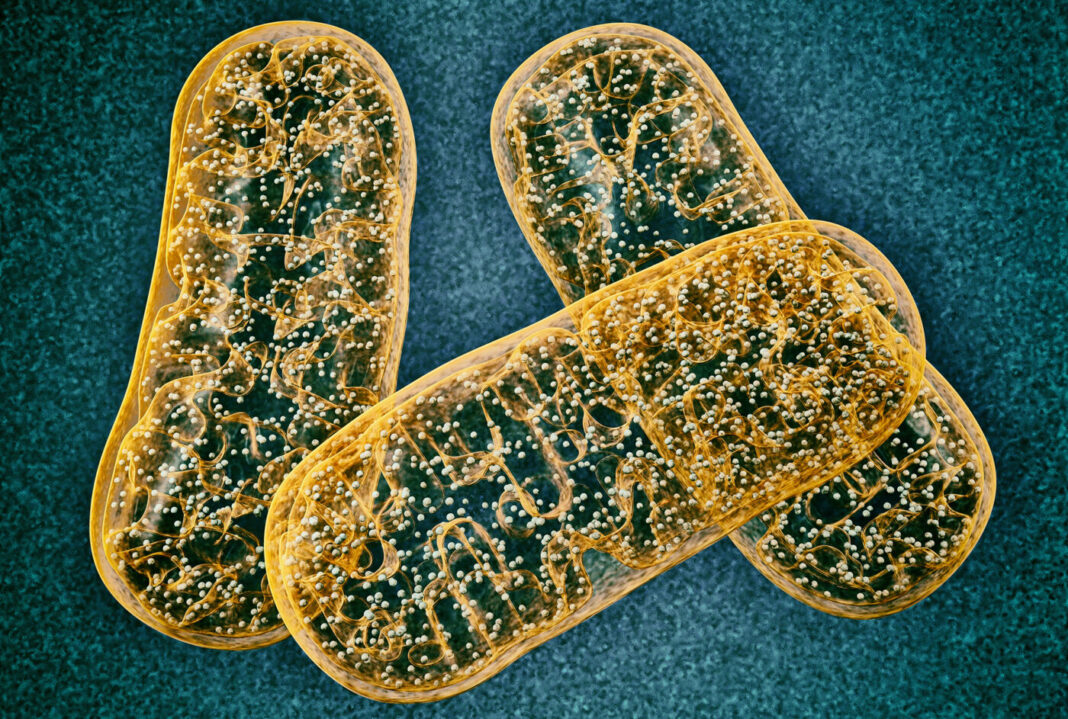Parkinson’s disease (PD) is one of the most common neurodegenerative disorders. In a new study, researchers from the University of Copenhagen showed that the most common form of the disease, encompassing 90–95% of all PD cases known as sporadic PD (sPD), is caused by a blockage of a pathway that regulates the mitochondria.
Their findings are published in the journal Molecular Psychiatry, in a paper titled, “PIAS2-mediated blockade of IFN-β signaling: a basis for sporadic Parkinson disease dementia.”
“Familial Parkinson’s disease is associated with rare genetic mutations, but the etiology in most patients with sPD is largely unknown, and the basis for its progression to dementia (sPDD) is poorly characterized,” wrote the researchers. “We have identified that loss of IFNβ or IFNAR1, the receptor for IFNα/β, causes pathological and behavioral changes resembling PDD, prompting us to hypothesize that dysregulated genes in IFNβ-IFNAR signaling pathway predispose one to sPD.”
“Just like when people eat, cells take what they need and get rid of the waste products. But if our brain cells have this specific kind of signaling blockage, it means that the powerhouse of the cell—mitochondria—can not get cleaned up after being damaged,” explained Shohreh Issazadeh-Navikas, PhD, one of the authors of the study and professor at the Biotech Research & Innovation Centre, University of Copenhagen.
The blockage leads to an accumulation of high amounts of damaged mitochondria, while not being able to produce enough energy for the cells. It causes neurons to gradually die, which is the reason for the development of Parkinson’s disease symptoms, and why it leads to dementia.
“Every part of our body needs to be regulated. We get a signal to stop eating when we are full, and the same thing happens everywhere else in our body. If we get an infection, parts of our body need to fight it and stop it from replicating. But when the infection is cleaned up, the signal should subside. This is the job of a protein called PIAS2. That causes the blockage of the type 1 interferon-pathway, and when the infection is over, the blockage should stop and go back to normal. But that does not seem to be the case in patients with Parkinson’s disease. We further demonstrate that this dysregulation leads to a defect in the mitochondrial energy supply, as mentioned before,” added Issazadeh-Navikas.
The researchers combined and analyzed four data sets, which studied neurons from brains with Parkinson’s disease and looked at what type of genes they express. They observed which gene patterns were disturbed in patients with PD and especially those who had also developed PD with dementia.
“We show that a high accumulation of the PIAS2-protein is what is causing the blockage in the pathway, which should have activated the processes responsible for removing damaged protein and mitochondrial garbage,” said Issazadeh-Navikas.
Looking toward the future, the researchers hope the study will encourage research to counteract the pathway blockage, which could have a beneficial impact on the disease and preventing dementia.
In the next stages, the Issazadeh-Navikas Group will study how the pathway contributes to neuronal homeostasis and survival, as well as how its dysregulation causes neuronal cell death.







